State Excellence in Supporting Reuse Award
Under our environmental laws, EPA and the states share responsibility for protecting public health and safeguarding the environment. These relationships are a key part of the nation’s environmental protection system and vital to fulfilling the mission of the Superfund program.
In 2014, EPA developed the State Excellence in Supporting Reuse award to recognize state partners whose work has led to lasting benefits that enhance community quality of life and ensure the long-term protectiveness of site remedies and stewardship of the environment.
Award Evaluation Criteria:
- Encourage and support staff to participate in reuse-related activities designed to inform cleanup decisions at sites and strategize about reuse opportunities, including but not limited to: reuse plans, reuse assessments, facilitated meetings
- Collaborate with EPA to ensure current and future uses of sites are protective, including the implementation of institutional controls
- Think strategically about funding approaches to help local governments, property owners, developers and other stakeholders to return blighted properties to beneficial use
- Provide strong support and oversight to local governments, property owners, developers and other stakeholders
- Develop a tool or approach to support the reuse of sites in their State
- Help a local government, property owner, developer or other stakeholder move a reuse plan into reality, which may include but not be limited to: identifying or coordinating partners, addressing State liability concerns in a way that allows a property to move forward, providing funding to implement reuse activities, or ensuring proper permits are issued as appropriate
- Share efforts to support site reuse with other States to encourage the reuse of blighted property
- Ensure all appropriate institutional controls are in place
On this page:
2019 Award Recipients
2018 Award Recipients
2017 Award Recipients
2016 Award Recipients
2015 Award Recipients
2014 Award Recipients
2019 Award Recipients:
-
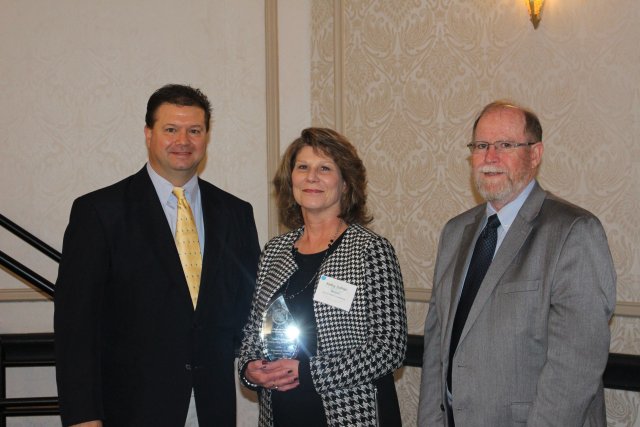
EPA’s Frank Avvisato (left) and Jim Woolford (right) with MPCA award recipient Kathy Sather (Source: ASTSWMO). - State Highlights
-

EPA’s Frank Avvisato (left) and Jim Woolford (right) with Oklahoma DEQ award recipient Amy Brittain (Source: ASTSWMO). -
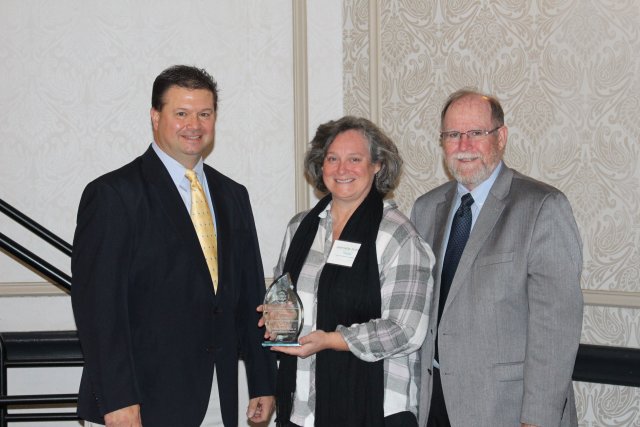
EPA’s Frank Avvisato (left) and Jim Woolford (right) with Oregon DEQ award recipient Jeannette Acomb (Source: ASTSWMO). - State Highlights
2018 Award Recipients:
- Connecticut Department of Economic and Community Development (DECD) and Connecticut Department of Energy and Environmental Protection (DEEP): Both DECD and DEEP have coordinated closely with each other and EPA to ensure site cleanup and reuse are strategically managed across all cleanup programs. The state has provided funding to support brownfields cleanup and reuse, assisted EPA with both brownfields and Superfund cleanup, and developed innovative programs, best practices and new legislation to support site cleanup and reuse across the state.
- Iowa Department of Natural Resources (IDNR): IDNR has provided critical support for cleanup and redevelopment efforts at Superfund sites across the state of Iowa. IDNR has collaborated with EPA to find innovative reuse options compatible with each site’s remedy. They have been instrumental in improving site remedies while also supporting reuse options that benefit local economies and people living and working near sites.
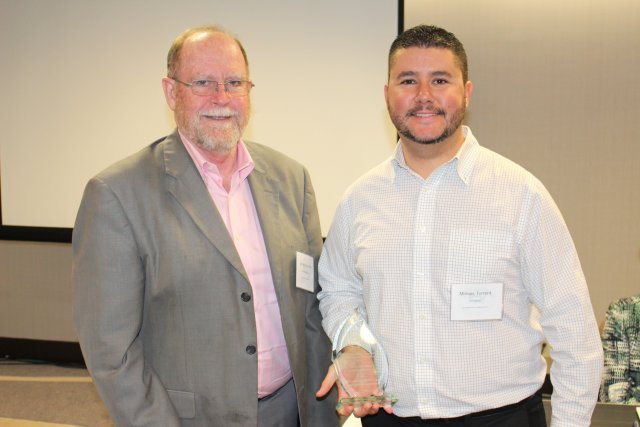
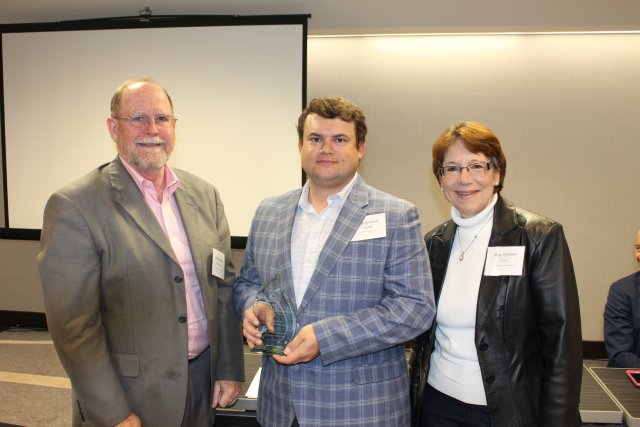
2017 Award Recipients:
- Indiana Department of Environmental Management (IDEM): IDEM has provided critical support for cleanup and redevelopment efforts at Superfund sites across the state of Indiana. IDEM has worked with EPA to help developers understand how to fit redevelopment efforts within a site’s remedial constraints. They have been instrumental in ensuring that implemented institutional controls do not unnecessarily hinder potential redevelopment opportunities.
- North Carolina Department of Environmental Quality (NC DEQ): In addition to their involvement in the cleanup and reuse planning processes at Superfund sites, NC DEQ has also collaborated with EPA to promote redevelopment in an innovative way. They have worked with EPA to use Geographic Information Systems (GIS) to provide important information to potential developers on site use limitations.
- Virginia Department of Environmental Quality (VADEQ): VADEQ has long been a team player, working with EPA and other parties to achieve protective reuse and redevelopment of Superfund sites. By prioritizing the return of sites to productive use, outstanding redevelopment successes have been realized across the commonwealth of Virginia over the past several decades. These successes illustrate that the benefits of Superfund redevelopment are here to stay.
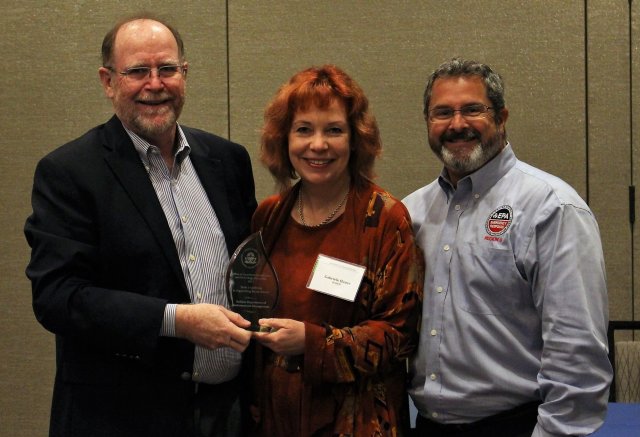
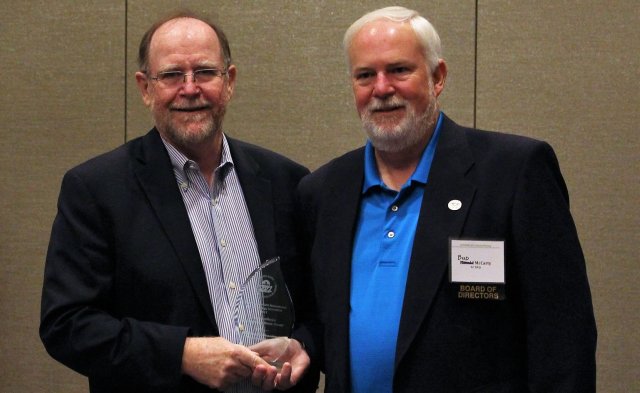
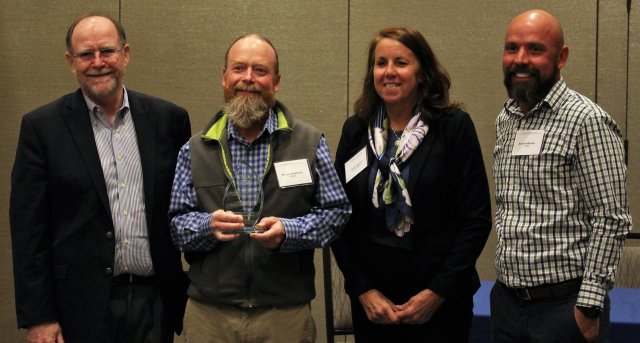
2016 Award Recipients:
- Massachusetts Department of Environmental Protection (MassDEP): MassDEP has developed a proven track record of working with EPA to clean up contaminated sites and to return them to safe and productive use. MassDEP works with EPA to ensure the protective redevelopment of Superfund sites into beneficial uses such as alternative energy projects, economic revitalization through business growth and sustainable public transportation options. They have worked with developers to explore alternative energy credit options and adapt development designs to be compatible with site remedial components. And they have maintained an active and supportive role working with key stakeholders to ensure the long term protectiveness and beneficial reuse of these sites through the implementation of institutional controls.
- Oklahoma Department of Environmental Quality (Oklahoma DEQ): Oklahoma DEQ has collaborated with EPA to review reuse plans and development ideas, working with developers to ensure the long-term protectiveness of remedies at these sites throughout reuse. Oklahoma DEQ has worked closely with EPA and with Waste Management of Oklahoma to support the first commercial facility for a renewable biogas and natural gas joint-venture project. This innovative new technology is setting a new standard for alternative energy from landfill waste. Oklahoma DEQ also worked with EPA to develop a Ready for Reuse determination for the Eagle-Picher site to support plans and financing for development of a much-needed rural health clinic on site.
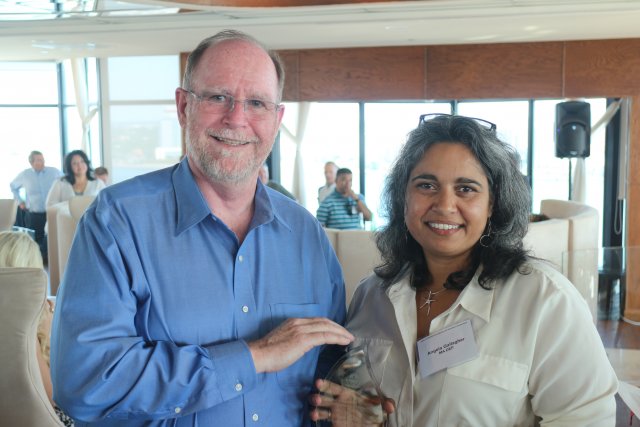
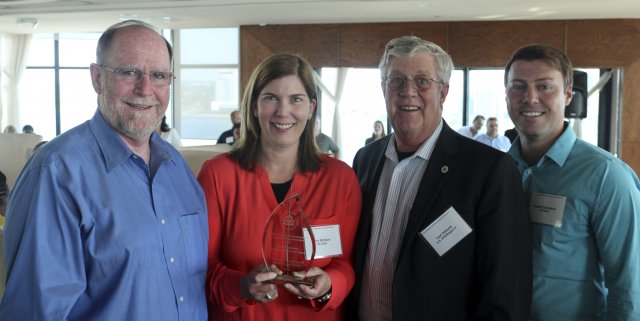
2015 Awards Recipients:
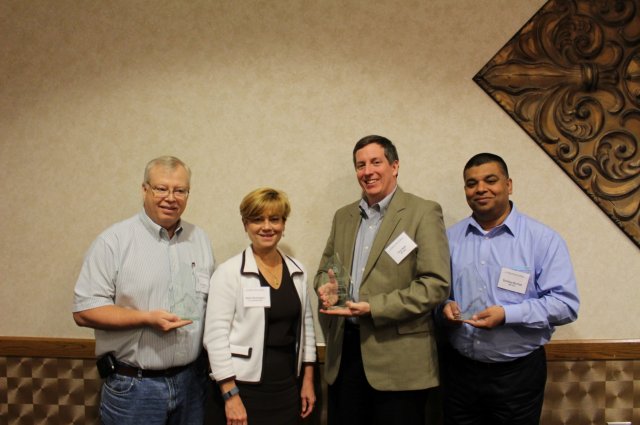
- Kansas Department of Health and Environment (KDHE): Over the years, KDHE has demonstrated its willingness to support and encourage the appropriate reuse of Superfund sites. KDHE enforces the use of appropriate institutional controls that often facilitate productive reuse, as well as the tracking, oversight and monitoring of institutional controls to ensure they meet the standards protecting human health and the environment.
- State Highlights:
- Minnesota Pollution Control Agency (MPCA): MPCA has been a strong and collaborative partner of EPA’s since the early years of the Superfund program. MPCA’s collaboration with EPA and site stakeholders to address the protective reuse and revitalization of Superfund sites has resulted in several national examples for Superfund reuse, especially as it relates to generating economic opportunity. In addition, MPCA operates its own state-run Superfund program, which has assisted in revitalizing additional sites in Minnesota for successful reuse.
- Mississippi Department of Environmental Quality (MDEQ): MDEQ collaborates with EPA to support and encourage the appropriate reuse of Superfund sites across the state of Mississippi through a variety of approaches, including offering assistance in reuse planning processes and implementing environmental covenants through the Uniform Environmental Covenants Act. MDEQ’s efforts help ensure that remedial actions remain protective as sites are put back into productive use, playing a key role in revitalizing communities.
- State Highlights:
2014 Awards Recipients:
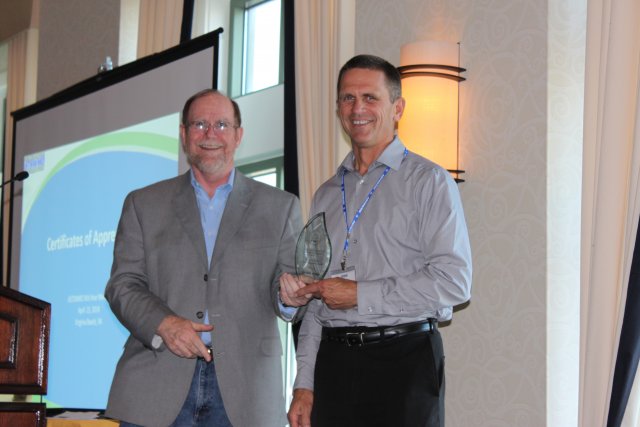
- Florida Department of Environmental Protection (FDEP): In addition to their long-term support and encouragement of appropriate reuse at Superfund sites, FDEP also facilitates a partnership with the State Water Management Districts. This partnership currently implements ground water institutional controls across south Florida, leveraging existing federal and state regulations to ensure the protection of human health and the environment.
- Michigan Department of Environmental Quality (MDEQ): MDEQ has been a long-time supporter of appropriate reuse activities, and has taken the next step to make reuse a core part of how they do business. They recently revised the name of their Superfund sites program to “Remediation and Redevelopment” to “create a future where Michigan’s contaminated properties are reliability managed, revitalized, and the environment is protected.”
- State highlights:
- Utah Department of Environmental Quality (UDEQ): Over the years, UDEQ has taken significant steps to proactively engage with EPA, local governments and other stakeholders to support the reuse of Superfund sites. With UDEQ’s encouragement, staff are present at and play an active role in reuse-related activities at Superfund sites, working with site stakeholders to thoroughly consider reuse opportunities.
- State highlights:
